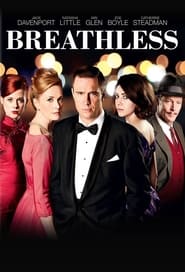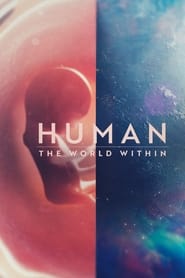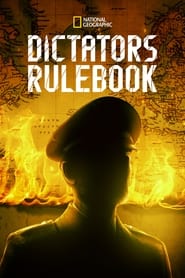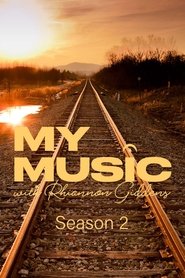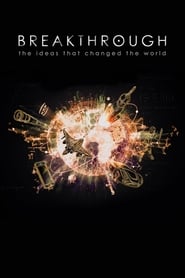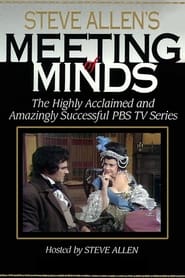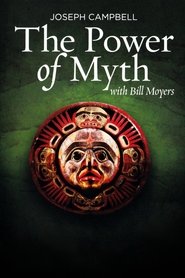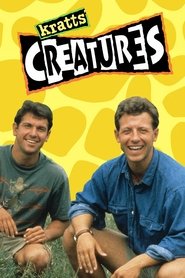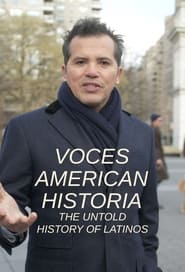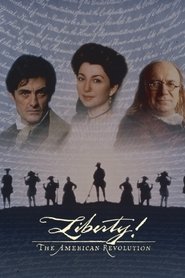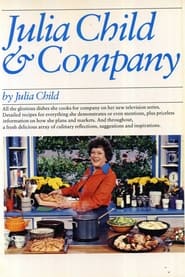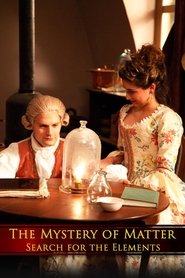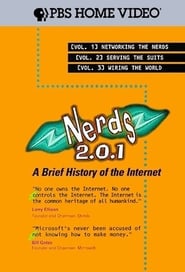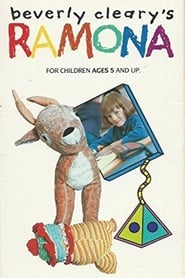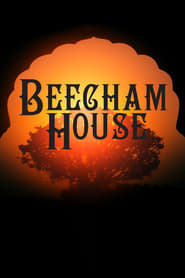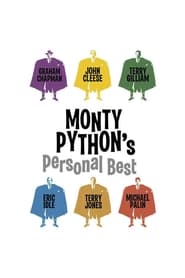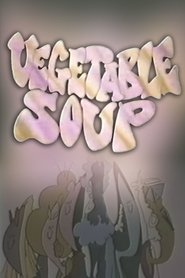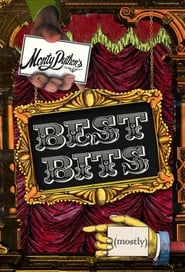Pbs TV Series - Page 10
-
Breathless
2013
star 6.8Hospital drama set in London during the early 1960s, following the staff of a busy gynecology ward at a time when abortion is illegal and the contraceptive pill is only just becoming available to married women. -
Human: The World Within
2021
star 7Diverse personal stories from around the world reveal how lives, passions and goals are facilitated by the human body's various complex systems. -
The Dictator's Playbook
2018
star 7.5Learn how six dictators, from Mussolini to Saddam Hussein, shaped the 20th century. How did they seize and lose power? What forces were against them? Learn the answers in these six immersive hours, each a revealing portrait of brutality and power. -
My Music with Rhiannon Giddens
2023
Performances and conversations with breakout artists across several genres of American traditional music. -
Breakthrough: The Ideas That Changed the World
2019
star 8Take a mind-blowing journey through human history, told through six iconic objects that modern people take for granted, and see how science, invention and technology built on one another to change everything. -
Meeting of Minds
1977
star 10The show featured guests who played significant roles in world history. Guests would interact with each other and host Steve Allen, discussing philosophy, religion, history, science, and many other topics. As nearly as was possible, the actual words of the historical figures were used. The show was fully scripted, yet the scripts were carefully crafted to give the appearance of spontaneous discussion among historic figures. Typically, each episode would be split into two parts, broadcast separately, with most or all of the guests introduced over the course of the first part, and the discussions continuing into the second part. A total of 24 episodes were produced. -
The Power of Myth
1988
star 7.1The Power of Myth is a television series originally broadcast on PBS in 1988 as Joseph Campbell and the Power of Myth. The documentary comprises six one-hour conversations between mythologist Joseph Campbell and journalist Bill Moyers. -
Kratts' Creatures
1996
star 8.3Kratts' Creatures is a children's television program on PBS. The show was hosted by the Kratt Brothers, Chris and Martin. It also featured Shannon Duff as Allison Baldwin and Ron Rubin as the voice of an animated anthropomorphic dinosaur. The show introduced its viewers to the world of animals. 50 episodes were produced in total. The show ran for only one season on PBS from June 3, 1996 until August 9, 1996. Then after cancellation, aired reruns until June 9, 2000. It also aired reruns on PBS Kids Go! from October 2006 to May 2008. Due to its popularity the show inspired an unofficial spinoff, Zoboomafoo, another show created by the Kratts, which premiered on January 25, 1999. -
VOCES American Historia: The Untold History of Latinos
2024
star 5.5New three-part series follows John Leguizamo’s continued quest to uncover the history and often overlooked contributions of Latino people. -
Liberty!
1997
star 7.8Dramatic documentary about the birth of the American Republic and the struggle of a loosely connected group of states to become a nation. -
The Great American Recipe
2022
Home cooks from different regions of the U.S. showcase their signature dishes and compete to win the national search for "The Great American Recipe." -
Julia Child & Company
1978
Building on the success of The French Chef, the equally successful follow-up series called Julia Child & Company debut five years later in 1978. This series incorporates the planning and preparation of a complete meal – featuring two to three dishes per show. -
Texas Ranch House
2006
Texas Ranch House
2006
Texas Ranch House is an PBS American reality television series that premiered in May 2006. Produced by Thirteen/WNET New York, Wall to Wall Media Limited, and PBS, the show placed fifteen modern day people in the context of 1867 Texas. Show participants attempted to run a ranch for two and a-half months using 19th century tools and techniques. The historian Alwyn Barr, professor emeritus at Texas Tech University in Lubbock, was the consultant on the program. -
The Mystery of Matter: Search for the Elements
2015
star 7An exciting three-part series about one of the great adventures in the history of science: the long and continuing quest to understand what the world is made of. Three hour-long episodes tell the story of seven of history’s most important scientists as they seek to identify, understand and organize the basic building blocks of matter. -
Nerds 2.0.1: A Brief History of the Internet
1998
star 6Nerds 2.0.1: A Brief History of the Internet is a 1998 three hour American PBS documentary film that explores the development of the Arpanet, the Internet, and the World Wide Web in the United States from 1969 to 1998. It was created during the dot-com boom of the late 1990s. The documentary was written and hosted by Robert X. Cringely and is the sequel to the 1996 documentary, Triumph of the Nerds. -
Ramona
1988
star 5.7Ramona is a Canadian children's television series which followed the life of eight-year-old title character Ramona Quimby. It was based on the Ramona book series by Beverly Cleary. The television series debuted on September 10, 1988, and its ten episodes spanned four months. The TV series was released on video by Lorimar Home Video, but when Lorimar Home Video was acquired by Warner Communications, video releases were now released by Warner Home Video. It was distributed by Ramona Productions and Atlantis Films, but when Atlantis Films was acquired by Alliance Films, Alliance Atlantis was the owner and was then by Alliance Films in 2008 airings because of the Alliance Atlantis collapse. Eight-year-old Ramona Quimby feels that no one really understands her. She's bright, imaginative, and according to her older sister, Beezus, a "pest". Every day she tries to find out more about herself and her world, with an optimism that only children possess. The series follows Ramona's adventures in school and at home as her -
Beecham House
2019
star 6.8On the cusp of the 19th century in Delhi, we follow the fortunes of the residents of the titular mansion. The story begins as handsome and soulful former English soldier John Beecham has acquired the house to start a new life for his family and a business as a trader. -
Monty Python's Personal Best
2006
star 5A series of six outrageous one-hour specials showcasing the groundbreaking comedians. -
Vegetable Soup
1975
Vegetable Soup
1975
Vegetable Soup is an American educational children's television program produced by the New York State Education Department that originally ran on PBS from September 22, 1975 to December 14, 1978.. -
Monty Python's Best Bits (Mostly)
2014
This series is presented by self-confessed Python nut Hugh Bonneville, each show with a group of five famous comedians remembering their favourite Python moments. Each guest chooses a sketch (or two) and it's played with their comments..
